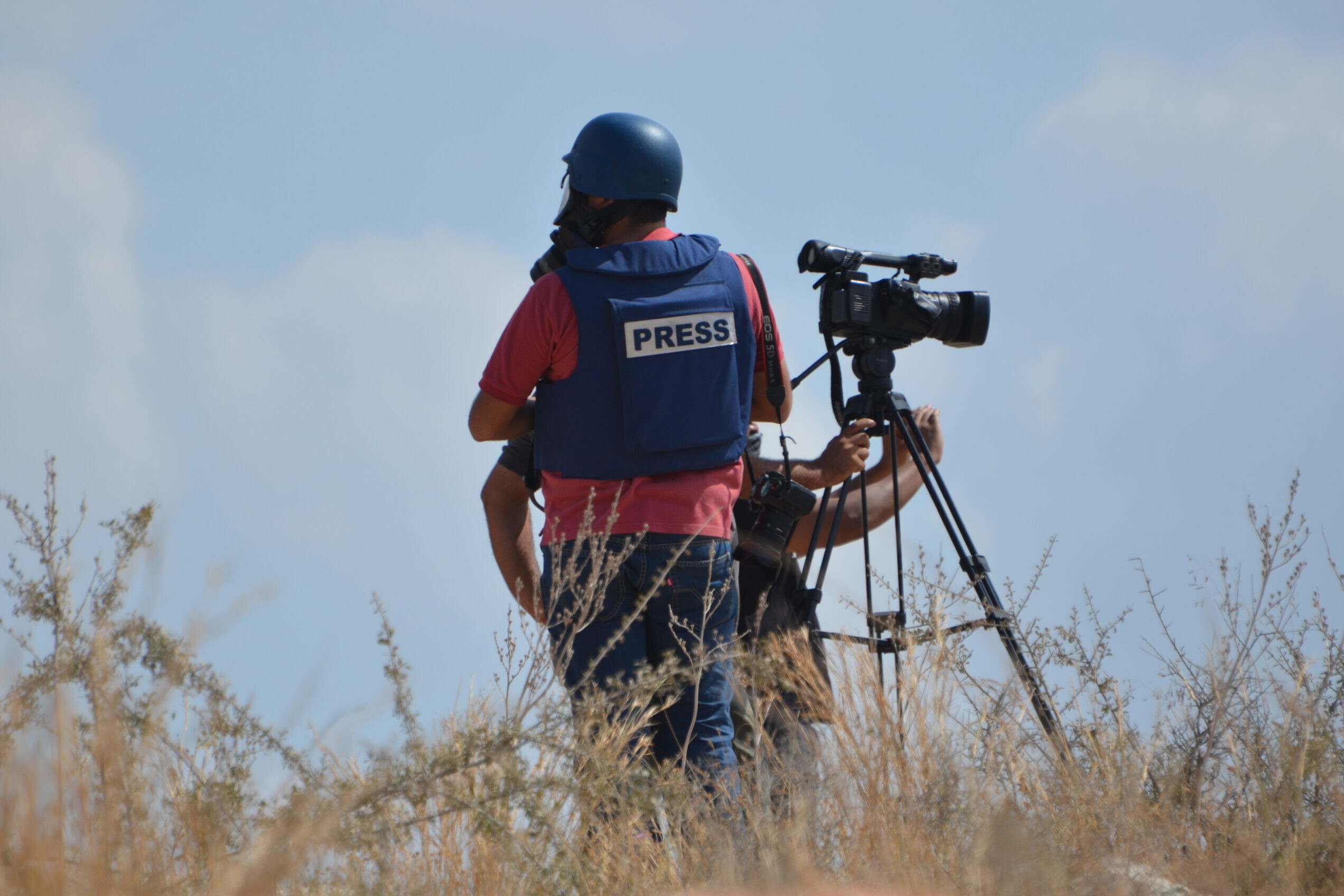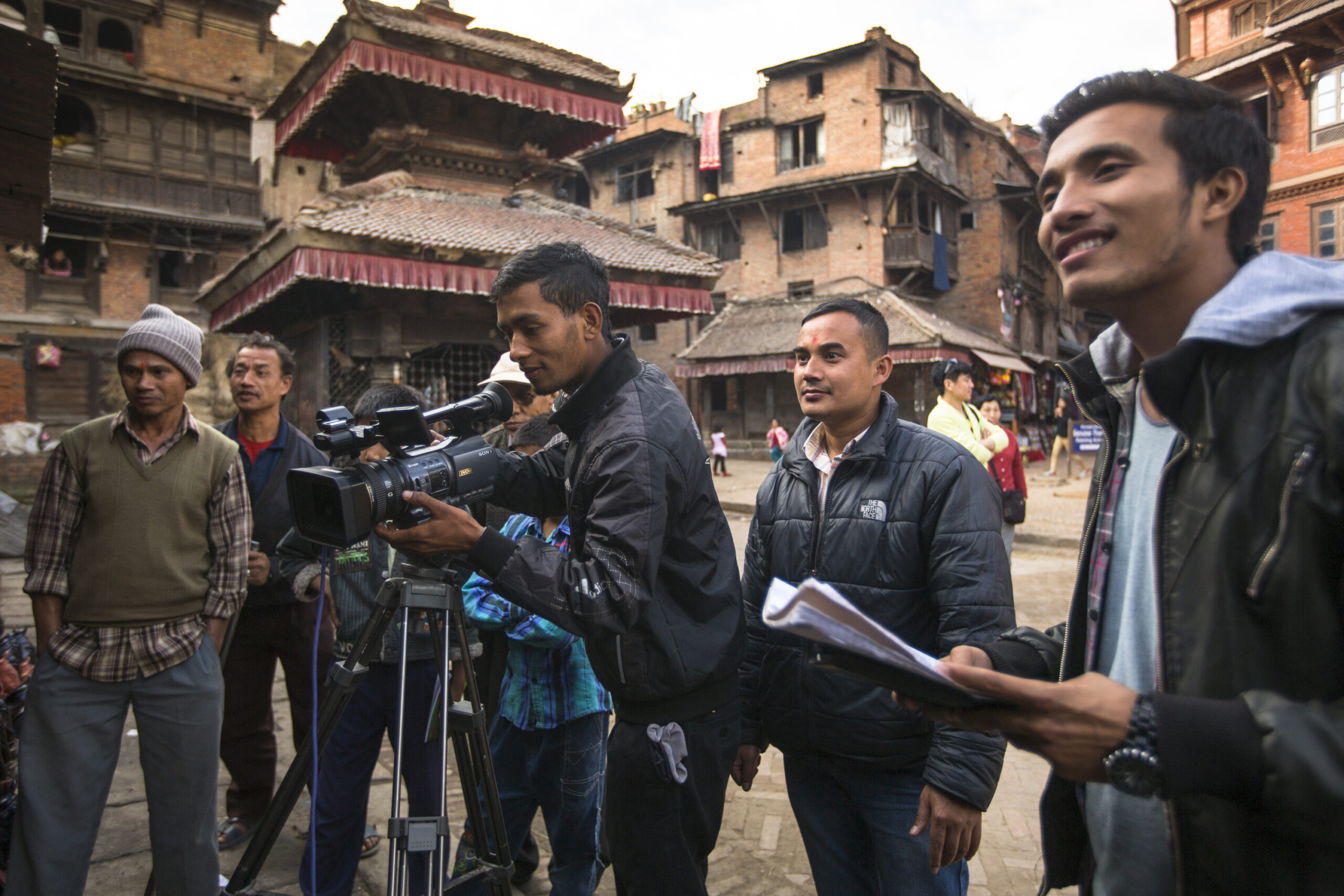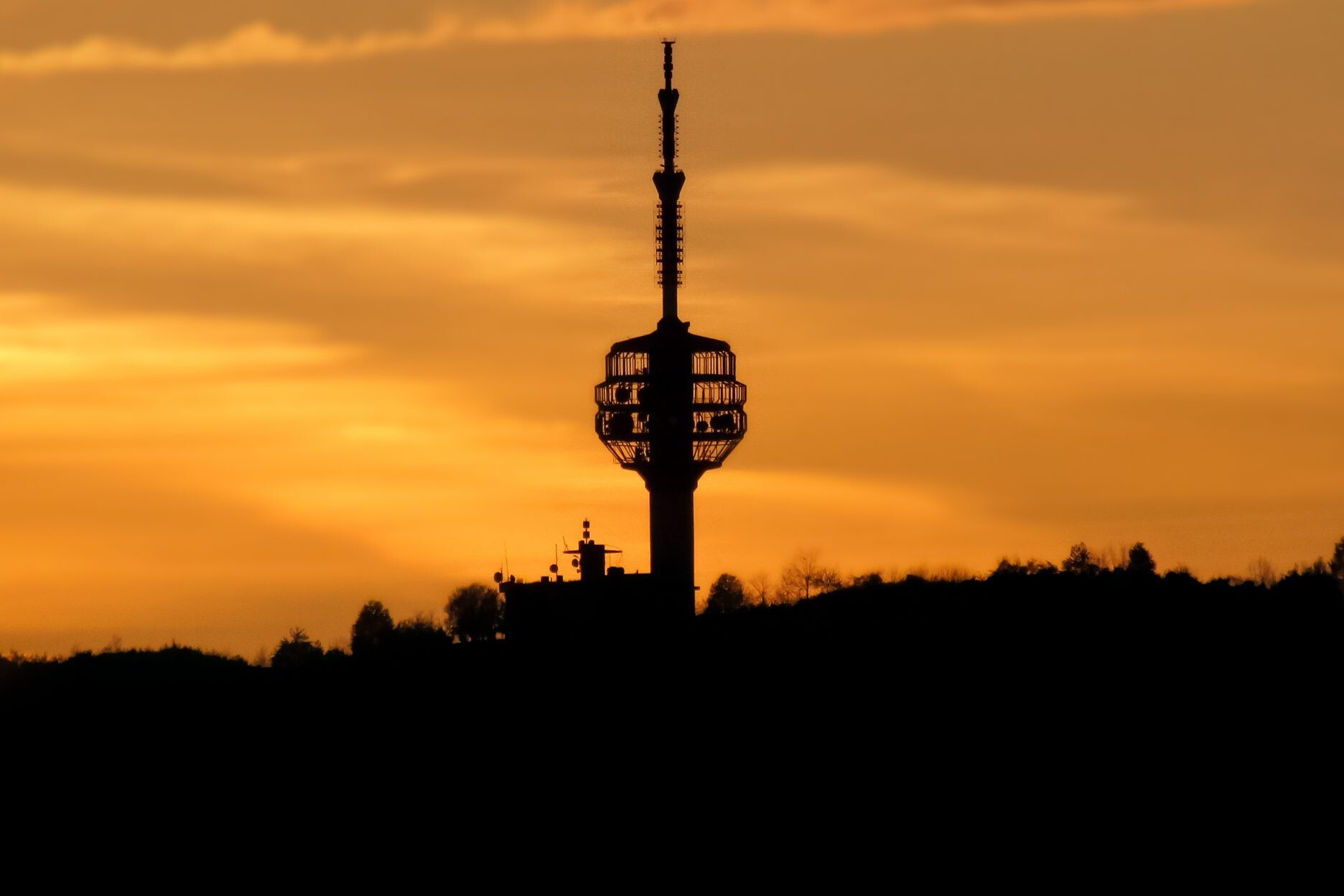Media freedom in decline in Bosnia & Herzegovina?
17th November 2023
The passing of restrictive laws on the media industry has raised concerns about a decline in media freedom, while Bosnia & Herzegovina’s public broadcaster continues to face a funding crisis.

IN BRIEF:
- The MFRR expressed serious concern over the state of media freedom in Bosnia & Herzegovina after their mission in the country.
- In the Republika Srpska, a new set of laws drafted, and for some already enacted, worry media institutions and Brussels for the restriction they exert on media outlets and journalists.
- The public broadcaster is facing financial and political difficulties which have a serious impact on journalists and staff already under pressure.
IN FULL
– By Charlotte Pion
The media sector in Bosnia and Herzegovina is facing unprecedented challenges, on a backdrop of new retrograde laws, that seem to threaten media freedom and contradict the country’s process of integration into the EU. Concern over the situation of independent and public media was highlighted during a recent Media Freedom Rapid Response (MFRR) mission.
Despite the fact it was granted the status of candidate to join the European Union at the end of 2022, Bosnia & Herzegovina seems to be stagnating in terms of improvement of its media situation. With the first report assessing the advancement of the country to meet the Union’s standard to become a member approaching, Brussels pressed Bosnia & Herzegovina to address problems of press freedom, rule of law and justice independence.
A new set of restrictive laws
The recent IPI report that followed the MFRR mission revealed that the government has just passed a set of restrictive laws and are now working on other pieces of legislation to gain a tighter grip on media.
Such action is predominantly taking place in one region of the country in particular, the Republika Srpska, where the project to enter the EU is unpopular and a strong pro-Russian sentiment lingers among the population. The region has its own political and judiciary system beside the national institutions, and is seeking to hold sway over the media.
Read more: Bosnia and Herzegovina’s national public broadcaster faces closure
Earlier this year, the Republika Srpska enacted the recriminalisation of defamation, with penalties including fines equivalent to €3,000. This first law provoked alarm among various institutions and organisations defending freedom of the press and expression, including UN experts.
A second law, still in its draft stage, resembles the foreign agent law adopted in Russia, and if passed, would compel media NGOs funded from abroad to register and provide reports on their work, adding further financial and administrative burden. As remarked by the European Commission, the adoption of this legislation “would mark another regrettable and undeniable major step backwards”.
The third legal initiative reported by IPI is the potential establishment of a new media law that would prevent media organisations from registering as NGOs, a status that offers greater independence. However, according to IPI, the initiative “is being conducted in a non-transparent process with no proper structure or appointment procedure for the working group, posing question over its legitimacy”.
This set of intertwined legislation shows how the government of Republika Srpska is designing to reduce the scope for critical journalism, adding to a broader environment of isolation within the relatively small yet outspoken independent journalistic community.
Listen toour podcast
Uncovering and exploring the biggest
issues facing public media
Public Media in an uncomfortable situation
The public service broadcasting system in Bosnia & Herzegovina consists of a conglomerate of three public service media meant to cover the main ethnic groups of the country – Bosnians, Croats and Serbs – defined by a post-socialist and post-conflict nature. Initially built around an idea of unified corporation, the current structure of BiH is rather distant from that first concept.
“The political context of BiH [Bosnia & Herzegovina] is dominated by political capture of the state”. – State Media Monitor
What seemed to be a model of pluralism, diversity and inclusion, experts said the intricate structure was not the best solution in a small country with an extremely politicised sector. Indeed, the Radio Televizija Republike Srpske (RTRS) has been under the influence of the governing party of the Alliance of Independent Social Democrat, through politicised appointments to its oversight body. In addition to that, the State Media Monitor warned that “The political context of BiH [Bosnia & Herzegovina] is dominated by political capture of the state”.
Described as being “a prime example of the failure of an ideal model in practice”, its financial and political situation appears to once more face challenges.
In the meantime, BHRT, the national public broadcaster, continues to grapple with an ongoing crisis caused by restricted access to the legally required license fee funding. This situation undermines the broadcaster’s institutional stability and independence.
The national broadcaster continues to face high level of debts since its near collapse last year. Back then, RTRS refused to pay the required 50% funds of its collected licence fee to the BHRT. Eventually saved by funds of the government, BHRT’s financial precariousness nevertheless remains.
In May this year, the European Broadcasting Union alongside the European Federation of Journalists and the South East Europe Media Organisation called on authorities to “tackle the financial and functional problems of the Bosnian Herzegovinian public service broadcaster.” BHRT has not participated in Eurovision due to insufficient funds for six consecutive years.
A hostile environment for journalists
The current context of the public broadcaster and of independent media is very straining for journalists. One of the key observation of the MFRR mission was fears over the protection of journalists, which puts a great toll on journalists.
Cases of psychological violence such as rhetoric from politicians aimed at journalists legitimising violence against them have been reported. In addition to that, the rate of investigations and prosecutions concerning attacks against journalists is extremely low. As pointed out by the BH Journalist Association, only 25% of the cases involving journalists have been fully investigated.
More than physical violence, the psychological violence inflicted to journalists is a serious problem that can have grave repercussion on their work, such as self-censorship and the undermining of unbiased reporting. In turn, it can impact democratic process, which risks to reduce the chances of Bosnia & Herzegovina to enter the EU.
ANALYSIS
PMA is alarmed by the restrictive measures being imposed on independent and free media in Bosnia & Herzegovina. Meanwhile, the circumstances facing BHRT are of significant concern, and need an immediate resolution. Audiences must be able to rely on a stable and securely funded independent public service broadcaster, which can provide them with quality informative, educational, and entertaining content, which can hold power to account, and which can serve the public interest.
Related Posts
2nd November 2023
International Day to End Impunity for Crimes Against Journalists 2023
With over 30 journalists killed in the…
10th October 2023
DG8: Media freedom never more important — nor more at risk
Eight international public service…
1st April 2022
Bosnia and Herzegovina’s national public broadcaster faces closure
PMA joins the EFJ, EBU and SEEMO in…




